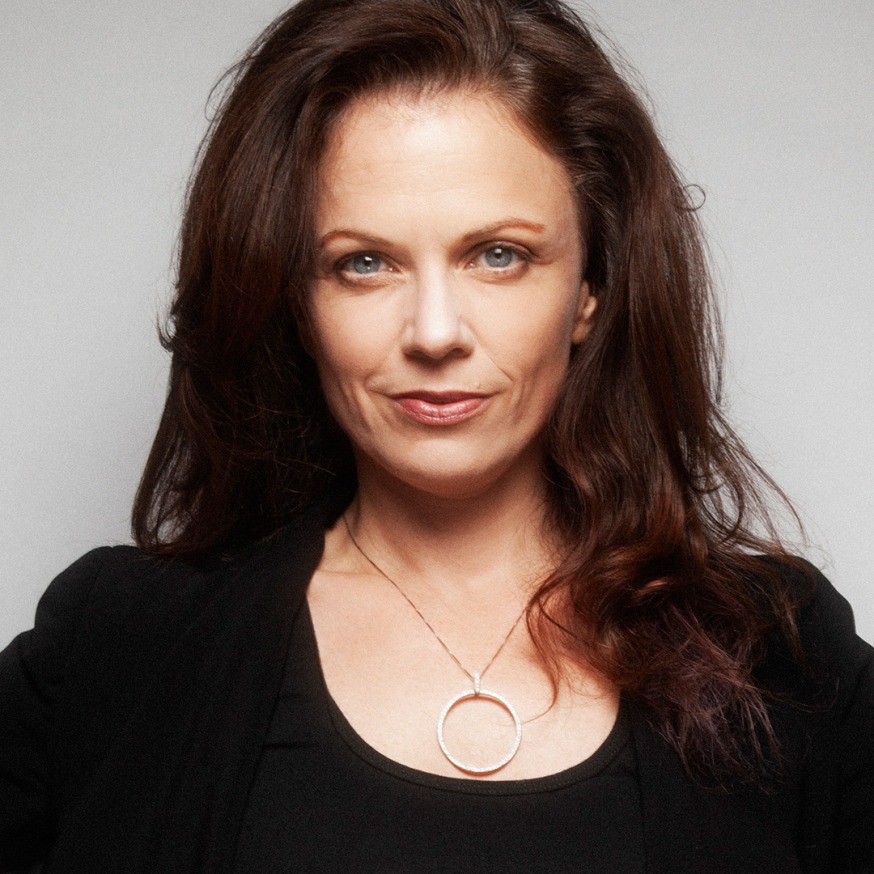
(Photo by Vonecia Carswell on Unsplash)
June 17, 2021 Op-Ed By: Heidi L. Sieck
As New York City voters begin voting early, filling out and mailing in their absentee ballots,
or heading to the polls in person on Election Day, New Yorkers will be voting like we have never
done before.
This is the first election where New York City voters have the opportunity to use ranked-choice
voting (RCV) on the ballot in citywide primary races, City Council races, and for borough
presidents. Instead of voting for just one candidate in each of these races, we will get to vote for
up to five, ranking them in order of preference.
It’s critical for voters to rank all five choices to make sure that their vote is counted in all
manifestations of the race. Ranked-choice voting is often called “instant runoff voting” because it
ensures that a voter is participating in a runoff election when the top candidate fails to win by at
least earning 50 percent plus one vote.
At #VOTEPROCHOICE, we also cannot emphasize enough how crucial it is to make sure that
all of the candidates you are ranking support reproductive freedom. Roe v. Wade is very likely to
be overturned by the Supreme Court next year. It is essential to look at every race through the
lens of protecting reproductive freedom, particularly in local and state elections.
That’s exactly why #VOTEPROCHOICE researched candidates through the lens of reproductive
justice and presented New York City voters with the most comprehensive ranked-choice New
York City primary slate and voter guide possible. We want to uplift all the candidates who are
advocating for reproductive freedom in these important local elections so voters can rank their
vote for these foundational values.
Now more than ever, our state and local officials have to defend against reproductive
oppression. In New York City, our City Council members, borough presidents, comptroller, and
the mayor will have a huge role to play in ensuring New York City is a place where people and
families can thrive whether they choose to have children or not. New York City must be the
local model of what reproductive justice can look like on a municipal level.
RCV truly provides an opportunity to create a more progressive future.
While voters are beginning to understand “how” RCV works, many still don’t quite understand
the “why” of it.
The “why” is so important. Everyone can truly vote their values, instead of just voting for who
we think will win. Voters can pick a first preference authentically without worrying about the vote
being wasted. This eliminates toxic ideologies of “electability” that is too often a means of
excluding women of color, women, in general, people of color, and members of the LGBTQ
community from being elected to office. Candidates are empowered to not just speak to their
base, but speak to all voters in their district.
RCV encourages more democracy, not less. Those of us who believe deeply in civic
engagement have a responsibility to dig in the next two weeks to provide voter education to
make sure all voters feel empowered to rank all five ranks on the ballot through a progressive
prochoice lens.
So, when you think about it that way, it’s critical for all voters – and especially prochoice voters –
to take advantage of RCV, and rank all the ranks, so the votes are fully counted in the races.
Let’s ranked-choice vote like our reproductive freedom depends on it. Let’s ranked-choice #VOTEPROCHOICE.

*Heidi L. Sieck is an award-winning, civic entrepreneur who has been organizing women in politics for 30 years.
She is the current Co-Founder/CEO of #VOTEPROCHOICE and on the
founding Advisory Board of Emerge New York, an affiliate of Emerge America. Heidi is a sought-after speaker, trainer, and mentor in feminism, civic technology, leadership, and democratic systems reform. She has worked on seven presidential campaigns and countless state and local races in San Francisco, Ohio, Nebraska and New York City. She serves on the Boards of Rock the Vote Action Fund, Vote Mama and Men4Choice. In 2012, Harvard University awarded Heidi the Holly Taylor Sargent Award for Advancement of Women in Leadership for her organizing work at the Harvard Kennedy School where she received a Masters in Public Administration.
